Creating a new Passive Device Description File
In some instances, you may need to create a new Passive Device Description (*.pdd) file – for example, if you're categorising a transistor as Passive or creating loopbacks on a connector.
New files can be created during device categorisation or in the Passive Device Files screen. Both scenarios are described below.
Creating a new PDD File during Categorisation
To create a new Passive Device Description file during categorisation, assign the device as Passive to open the Assign Device as Passive dialog box and click Create File...:
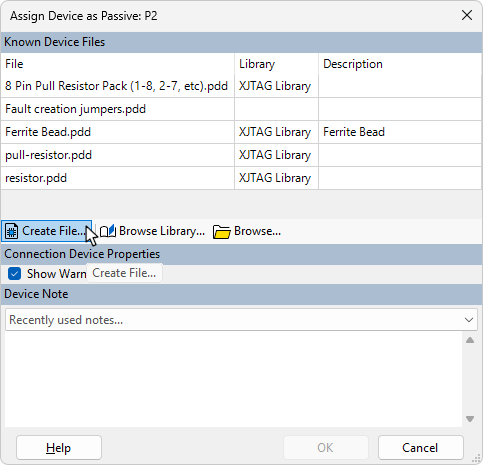
Figure 47: Creating a New PDD File During Categorisation
This will open the Add New PDD File dialog (Figure 48 below) in which you can enter the connection details. Provide a meaningful name and description on the left of the dialog.
If a similar file already exists, it can be used as the basis for the new one. In that case, select the Based on file checkbox and click Select... to choose an existing passive device description file.
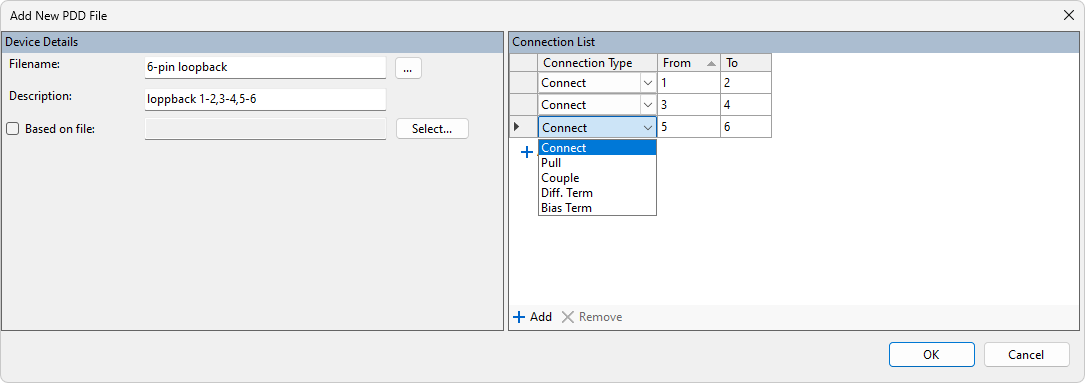
Figure 48: Entering Details to a New PDD File During Categorisation
Entering Connection Information
The next stage is to provide details of the device's pins and the connections between them (see Figure 48 above):
- Click the Add button to create a new connection.
- Choose the appropriate connection type from the dropdown menu in the Connection Type column.
- Insert numbers for the pins in the From and To columns.
- Repeat as necessary until all the required connections have been added.
- Click OK to add the information to the new file.
For details of the different connection types, refer to Passive Device Description Files above.
Completing the Categorisation
Having clicked OK, you will be returned to the Assign Device as Passive dialog, and the new file will be shown in the list of Known Device Files:
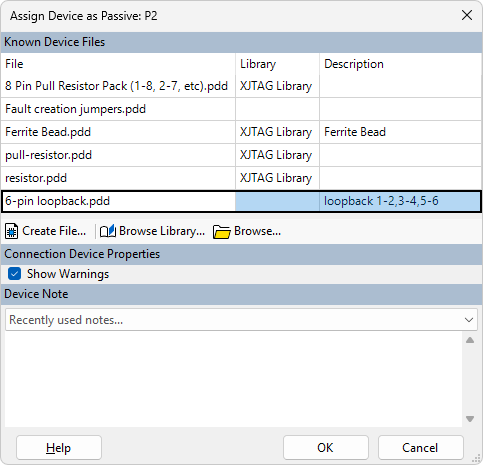
Figure 49: Categorising with the Newly Created PDD File
To complete the categorisation, ensure the new file is selected and click OK.
Creating a new PDD File in the Passive Device Files Screen
Alternatively, a new file can be created before categorisation on the Passive Device Files screen: click  Add... above the list of existing files:
Add... above the list of existing files:
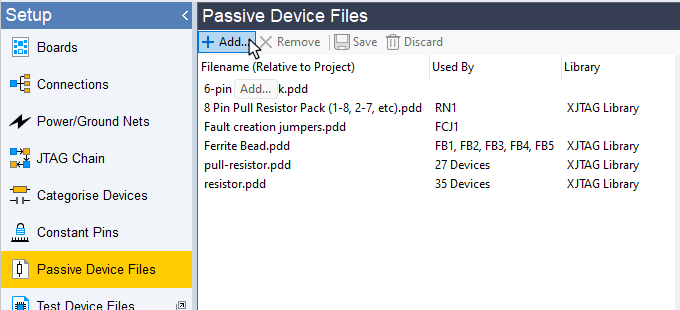
Figure 50: Creating a New PDD File on the Passive Device Files Screen
In the Add Passive Device File dialog that opens (Figure 51 below), select the New File radio button and provide a meaningful name and description. If a similar file already exists, it can be used as the basis for the new one; in which case, select the Based on file checkbox and click Select... to choose the existing passive device description file.
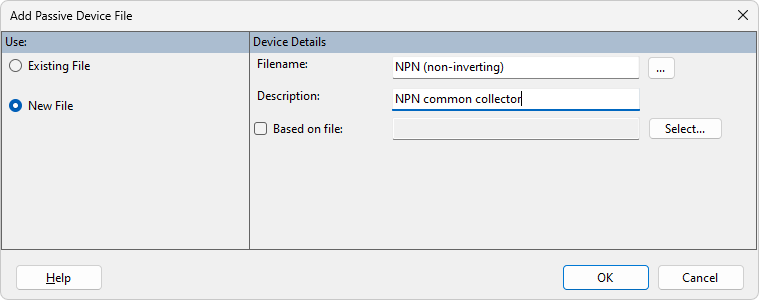
Figure 51: Creating a New Passive Device File
Clicking OK will create a new entry and return you to the Passive Device Files screen. The next stage is then to add details of the pin connections to the new file: select the new file in the list of passive device files on the left, and the pin connections can then be entered in the pane on the right:
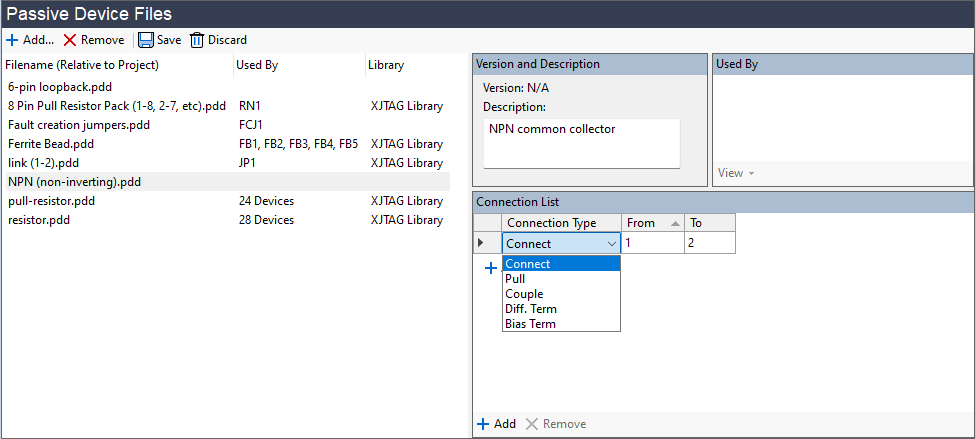
Figure 52: Entering Details to a New PDD File in the Passive Devices Screen
The steps for entering the pin information are the same as when the new file is created during categorisation (see above).
A device can now be categorised with this new file on the Categorise Devices screen. When you perform the categorisation, you will find the new file is available for use in the Assign Device as Passive dialog's list of known passive device files:
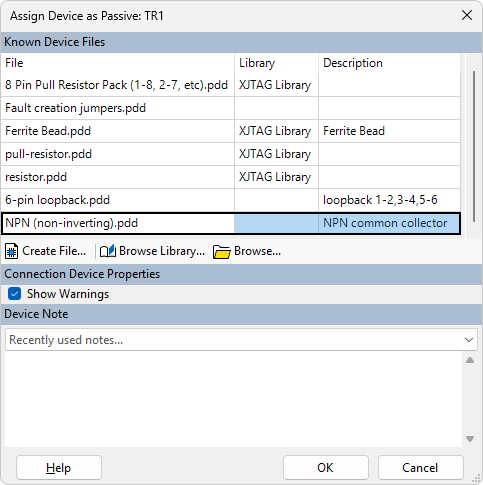
Figure 53: Categorising With a Newly Created PDD File
XJTAG v4.2.3
